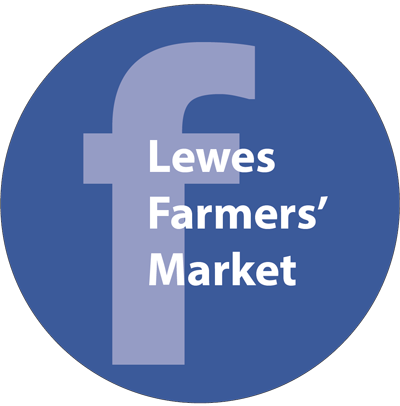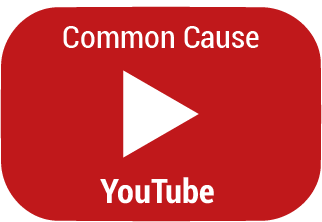As you pull out weeds in the garden have you ever thought that it might be the food of your favourite butterfly’s larva? Ecologist, Helen Sida led a free workshop at Lewes House Garden on the 17th June considering just this. The Small Blue butterfly caterpillar only eats Kidney Vetch. We found some growing in the wildflower circle that has been cut into the lawn and sown deliberately with wildflower seeds. A few Kidney Vetch plants could be a vital stepping stone for this species.
Adult butterflies are less specialised but can spend a lot of energy seeking out the right flowers with nectar they can access. Growing larger clumps of pollinator friendly flowers means insects spend less time flying around seeking a new source. This is what we mean about ‘editing’: choosing when and by how much to reduce (but not eradicate) unwanted plants and encouraging others to grow more abundantly.
Teasel has self sown for the first time in the garden, we learnt that the flowers are a favourite of bees, hoverflies, moths, and butterflies, particularly Brimstones. They are also a source of water for insects - the leaves at the base of the stem form a cup, collecting rain drops that could also be a source of drinking water for insects.
Our next free workshops at Lewes House Garden are “Shrubs, hedges, climbers and small trees for a wildlife garden” on Tuesday 15th July 4.00 to 5.30pm and “Welcoming hedgehogs, toads and lizards in your garden” on Tuesday 12th August 4.00 to 5.30. There will also be a mini-BioBlitz at South Malling Church on Sunday 20th July 1.00 to 3.00pm and at All Saints Community Centre on Tuesday 5th August 11.00am to 1.00pm. All welcome.









